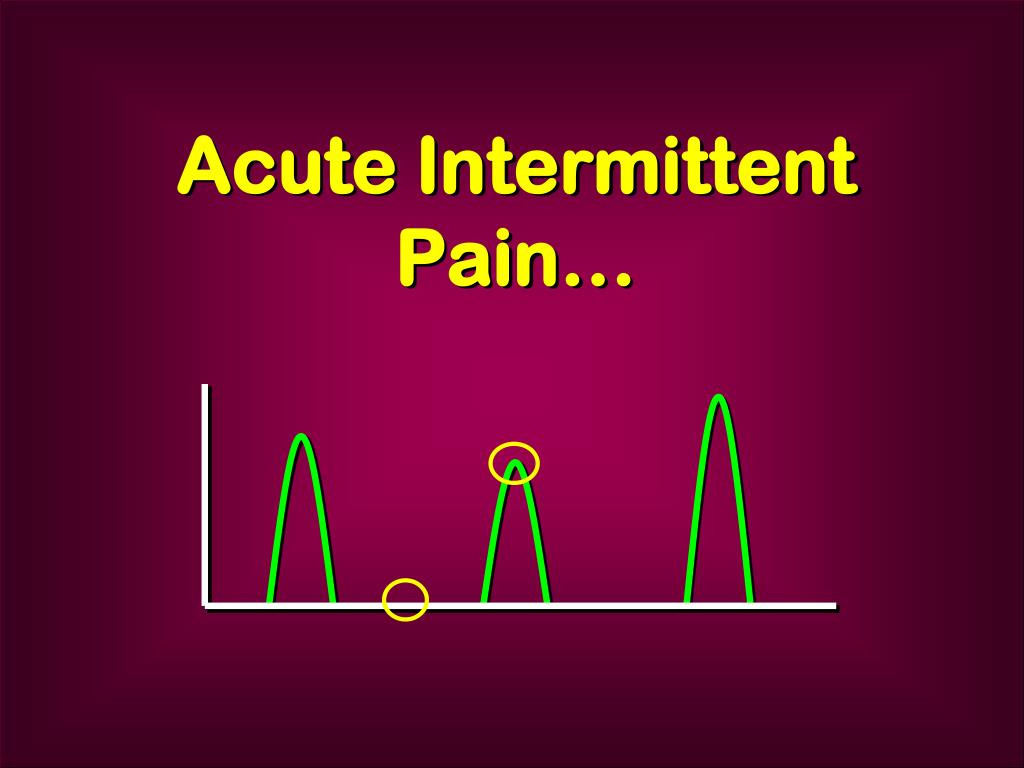Migraines are a common type of headache that can cause severe pain, aura or flashes in vision, and tingling. Nearsightedness is a common eye problem that causes blurry, distant vision. Chronic sinusitis. Chronic sinusitis, or sinus infections, cause a stuffy or runny nose, tooth pain, fever, sore throat and more. Cluster headaches are a rare type of primary headache. It more commonly affects men in their late 20s, though women and children can also suffer from this type of headache. Primary headaches can affect the quality of life. Some people have occasional headaches that resolve quickly while others are debilitating.
An occasional headache is probably nothing to worry about. But when pain becomes chronic—more than once a week—or interferes with your life, it's time to tell your doctor. – By Heidi Godman Executive Editor, Harvard Health Letter. Get in-depth information on the most common kinds of headaches and the treatment strategies that work best. Tension headaches are dull pain, tightness, or pressure around your forehead or the back of your head and neck. Some people say it feels like a clamp squeezing their skull. They’re also called. In some cases, occipital release surgery only works temporarily, and the pain returns. Further surgery to cut the greater occipital nerves can be performed after about a year, however, this procedure is regarded as a last resort since it would result in permanent scalp numbness.

Nearly all women have occasional headaches, but having a headache in pregnancy is not fun. And, managing headaches is especially tricky in the first trimester when you should avoid many medicines. Whether your headache is from tension or is a full-blown migraine, there are some things you should know.
What causes headaches in pregnancy?
The exact cause of a headache isn’t always clear. In the first trimester, changing hormone levels and blood volume may play a role. A dull, overall headache can come with stress, fatigue, and eyestrain. Sinus headaches may be more likely because of the nasal congestion and runny nose that are common in early pregnancy. Hunger and low levels of blood sugar can trigger headaches, too. Women who suddenly stop their morning coffee and sodas may experience caffeine withdrawal headaches. Those who also suffer with nausea and vomiting in early pregnancy can become dehydrated. This can also bring on a headache.
Migraine headaches are a common type of headache in pregnancy. These painful, throbbing headaches are usually felt on one side of the head and result from expansion of the blood vessels in the brain. The misery is sometimes accompanied by nausea, vomiting, and sensitivity to light. A small percentage of women with migraines also have an aura with the migraine. They see flashes of light or feel tingling in their arms and legs.
When should I be concerned?
When a headache is severe, or just doesn’t go away, or when you have dizziness, blurred vision, or changes in your field of vision, you should contact your healthcare provider. Headaches can sometimes be related to blood pressure problems in pregnancy. If they are persistent or severe and happen after 20 weeks of pregnancy, let your healthcare provider know. Although strokes during pregnancy are rare, migraines can increase a pregnant woman’s risk for them. If you have migraines, report them to your healthcare provider.
What can I do about headaches?
Steps to manage headaches include the following:
Avoid any known headache triggers, including allergens and certain foods, like monosodium glutamate, cured meats, and strong cheeses.
Smoking is never a good idea in pregnancy. You should also avoid secondhand smoke.
Try to eat well and drink plenty of fluids, especially if you are prone to morning sickness.
Reduce your stress level. Try a massage or cold pack to help with tension headaches.
If your headache is a migraine, rest in a cool, dark room with no noise, and try using warm or cold compresses or an ice pack.
There is good news, however. Most women have fewer headaches during pregnancy, especially after the first trimester. And those with a history of migraines often find there is improvement during pregnancy.
headache_slideshow_03.png
10 Most Common Headache Triggers
Tension Headaches That Won't Go Away
Cluster Migraine Treatment
10 / Anxiety
9 / Glare
8 / Noise
Occasional Headaches
7 / Eating + Sleeping Patterns
6 / Medication
5 / Physical Activity
4 / Lack of Physical Activity
3 / Posture
2 / Hormones
1 / Food Sensitivities
“So what should I do?”
